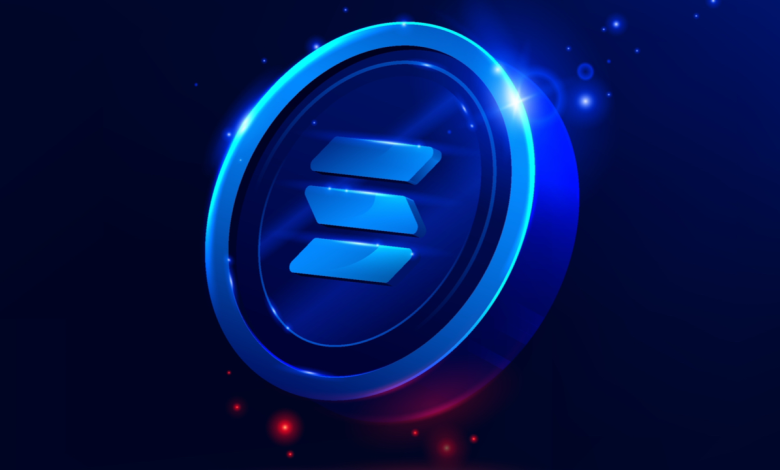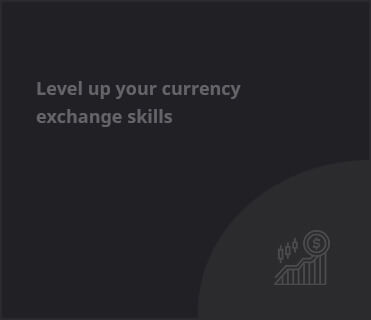The cryptocurrency market has been extremely unpredictable in recent months, but consumers and investors have remained steadfast.
Solana is the most recent person to put money into the system. According to Johnny Lee, general manager of games at Solana Labs, the Solana Ventures and Solana Foundation have established a $100 million investment and grant fund to invest in South Korean web3 firms. In South Korea, the fund will focus on gaming studios, GameFi, NFTs, and DeFi.
According to Austin Federa, head of communications at Solana Labs, the fund is backed by funds from the Solana community treasury as well as the venture arm’s pool of capital.
“A significant percentage of Korea’s gaming sector is migrating to web3,” Lee explained. “We want to be flexible since there are a variety of project sizes and team sizes, so some of [our contributions] will be venture-sized cheques.”
Gaming and NFTs account for the majority of activity in South Korea, according to Solana, making the sectors a perfect fit for web3, according to Lee.
There have been many detractors of play-to-earn games like Axie Infinity in the past, claiming that they exist solely for the purpose of making money rather than for the enjoyment of the game. However, in the last six months, a number of gaming firms have focused on improving gameplay in the aim of broadening their appeal beyond crypto-native gamers.
In the second half of 2022, Lee anticipates that more “high-quality and enjoyable games” will be released on the Solana blockchain. According to him, these games have the ability to change the prevailing view that play-to-earn games aren’t fun.
“We have faith that this is about to change.”
In the long run, Lee believes web3 games will be as popular as free-to-play games on mobile devices. “On web3, there was a lot of backlash from gamers and developers,” he remarked.
The timescales are greatly decreased, however, due to the rapid growth of the web3 business, he continued.
“Free-to-play acceptance took eight years, so if we say web3 games will be the main business model in four years, I’m fairly comfortable with that.”



